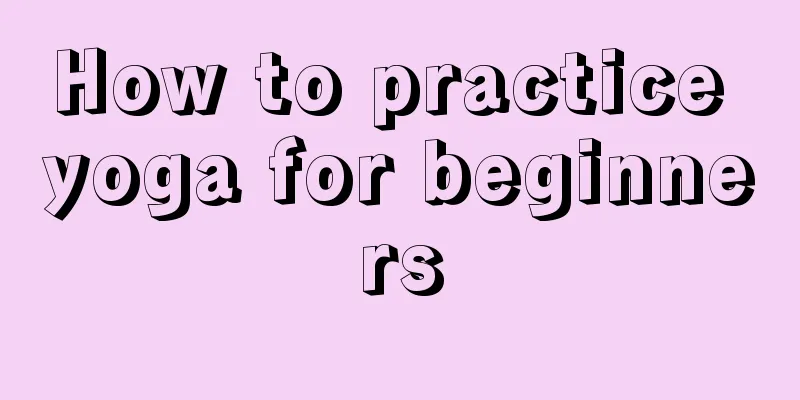What are the techniques for mountain climbing?

|
As people pay more and more attention to outdoor sports, more and more friends like to go hiking in their spare time at work. Climbing mountains can not only exercise people's will, but also relax our mood better. At the same time, we can breathe more fresh air, which is very good for our body. So what are the techniques for mountain climbing? In response to this question raised by everyone, let me take a look with you in the next period of time. 1. When walking uphill, try to put force on your heels. Your heels are naturally at the center of gravity, so the weight of your body can be distributed on your legs, thighs and even your waist. This saves about 1/3 of the effort compared to climbing with the forefoot. Climbing a mountain with the front of your feet is equivalent to tiring your calves and leaving your thighs idle. There are often protruding stones, stone ridges, etc. on slopes, which need to be stepped on with the heels. If the slope is flat, try to keep your entire foot on the ground. The second trick to walking uphill is to straighten the supporting leg every time you change legs and let the joint crack. This way the weight of the leg can be dispersed to part of the psoas muscles. Don't think it's troublesome to straighten your leg. It can allow you to rest on one leg for 0.3 seconds with every step. Anyone who climbs a hill using only the balls of the feet without straightening his knees is deliberately tempering his will. 2. When you can use your hands without assistance, you should use your hands. Using your hands can help take the weight off your legs. When climbing a mountain, your hands are mostly idle, having already conserved their energy. When you can use your hands a little, you should put your front limbs on the ground and exert force. Why are animals with four legs better at climbing mountains than humans? Because they distribute their strength evenly. I guess animals must find it strange to see people climbing mountains and walking upright. This is a kind of acrobatic posture. When climbing a mountain, as long as the slope is over 45 degrees, you should use your hands and feet together. This is energy-saving and effective, and there is nothing indecent about it. It's quite a return to simplicity. 3. You can turn your feet a little bit when climbing a slope. The outward-feet-style step makes it easier to put weight on the heel, reduces the angle between the foot and the calf, and makes the tendons more comfortable. I found that when the villagers carried heavy loads up the mountain (delivering manure, carrying water, etc.), they walked with their feet turned outward. Although they did not walk very fast, they did not stop. With each step, their knees straightened, as if they were pausing with each step. The above paragraphs explain some of the mountain climbing techniques very well. I believe that after carefully reading the above content, our friends will have more feelings and understanding in their hearts. Of course, what I want to tell you is that although mountain climbing has so many benefits to our body, we still need to be adequately prepared when climbing, especially the tools and precautions for mountain climbing, which we should all be familiar with. |
<<: What can I eat to keep fit?
>>: What season is best for mountain climbing?
Recommend
How to do the fitness plan for women in the gym?
Nowadays, more and more people like to lose weigh...
What is yoga for reducing belly fat?
People will be unhappy when they see extra fat on...
Can yoga really help you lose weight?
As the saying goes, a day's plan begins in th...
What should you pay attention to when exercising?
Fitness is a lifestyle for many people nowadays, ...
How can I make my chest muscles bigger?
Many male friends usually hope to have healthy pe...
How to relieve muscle pain from exercise
When we wake up the next morning after exercise, ...
What should you pay attention to when skipping rope?
Rope skipping is a very simple sport. All it take...
What are some quick ways to lift your buttocks?
The buttocks have always been ignored by female f...
Will drinking water after exercise make you fat? The truth is this
Many girls who are prone to gaining weight have a...
Can people with meniscus injuries run?
Patients with meniscus injuries must pay attentio...
What are the warm-up exercises for fitness?
With the improvement of living standards, many pe...
What to do if you have back pain after doing abdominal muscle training
What should I do if I have back pain when I do ab...
Can I practice yoga at night?
Yoga is a very good way to keep fit, especially f...
What is the plan for muscle man fitness
Although people don't need to be as strong as...
4 skin care products you must bring to the gym
1. Be sure to bring a MINI cleansing cream, becau...









